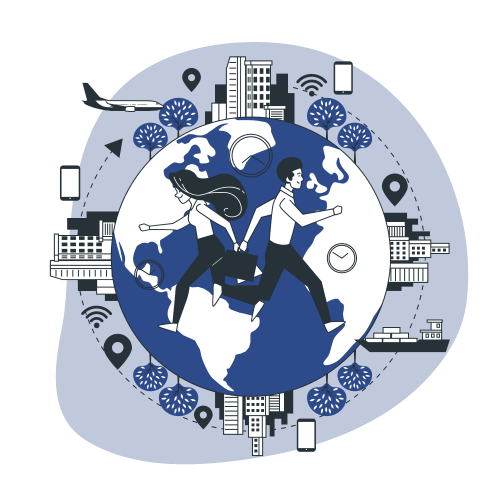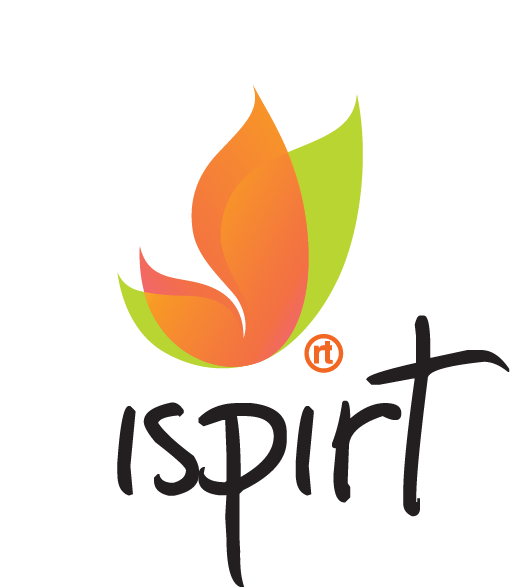
The intersection of artificial intelligence (AI) and the cultural sector presents both significant opportunities and challenges. AI has the potential to enhance creativity, making cultural products more accessible and diverse, while also transforming traditional artistic processes. For instance, AI can generate new forms of art and music, thereby expanding the creative landscape and opening new markets for cultural industries. However, these advancements raise pressing ethical questions, particularly regarding intellectual property rights and the authenticity of AI-generated works. As AI disrupts established models within the cultural sector, it is crucial to establish a regulatory framework that protects creators while fostering innovation. The ongoing dialogue around these issues is essential for ensuring that the benefits of AI are realized without compromising cultural diversity and integrity.
